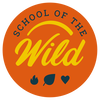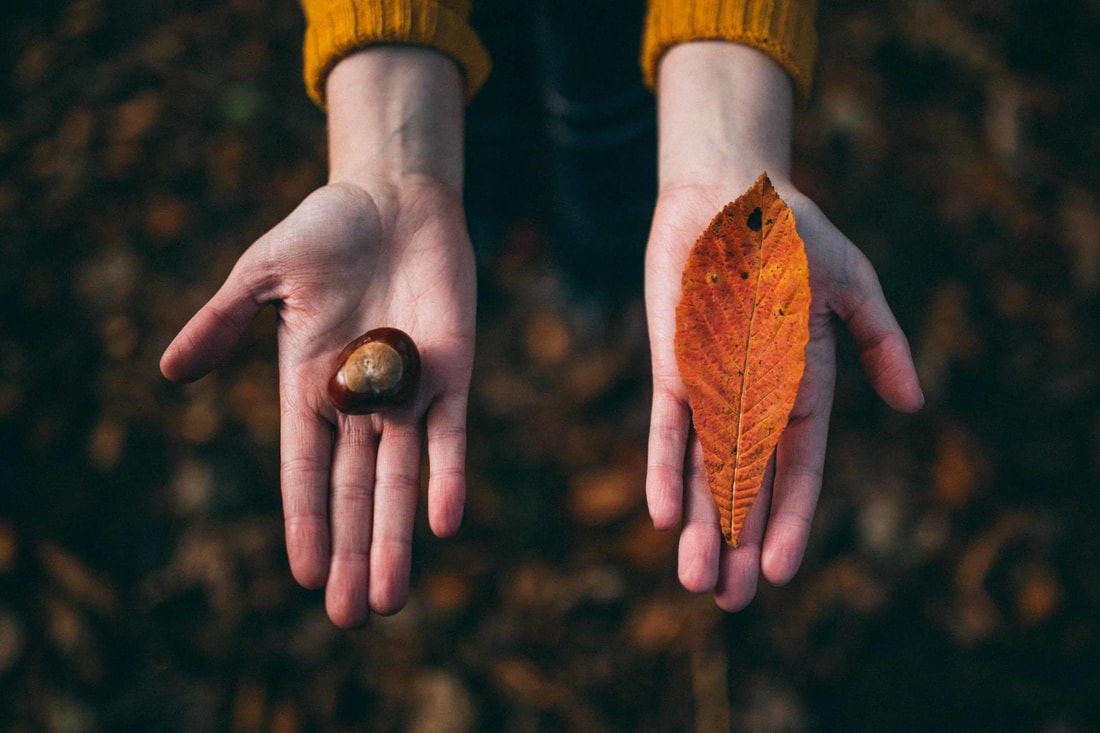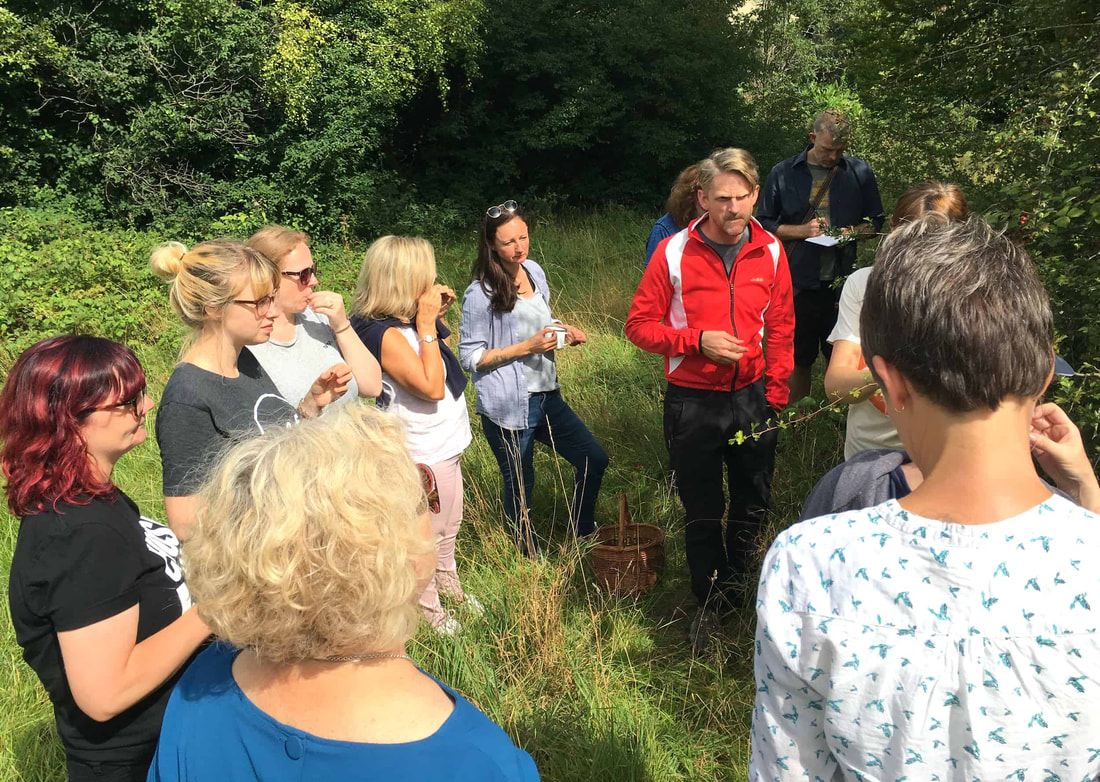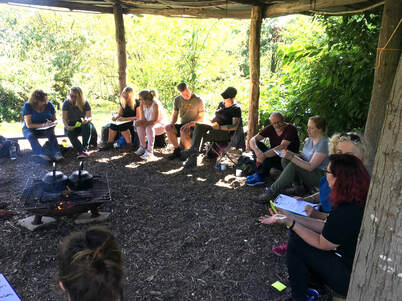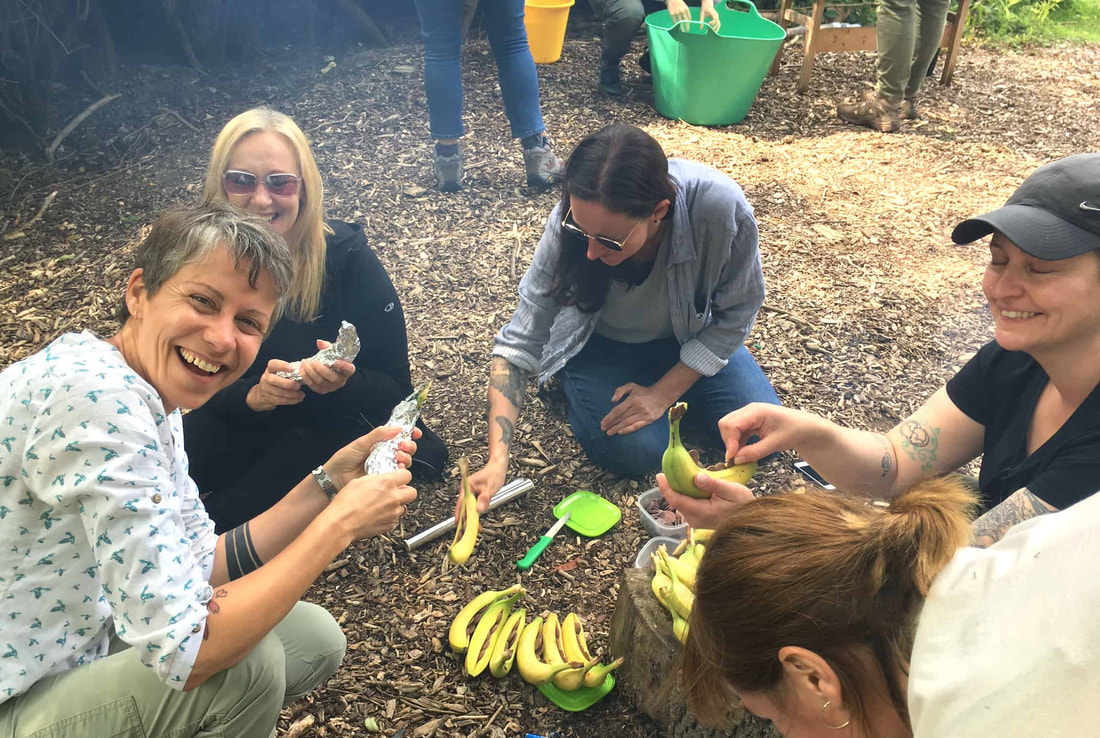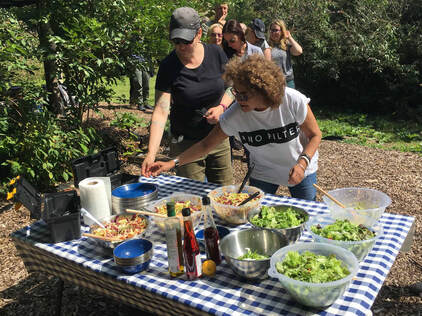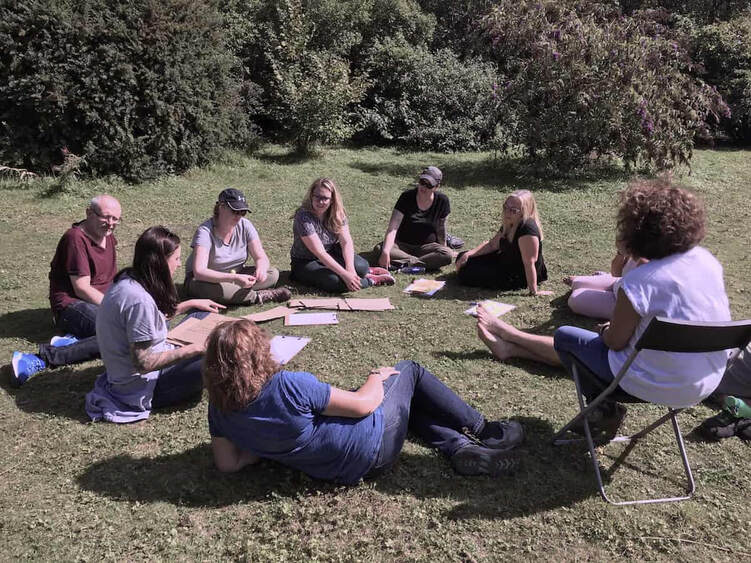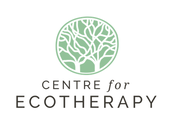Client: Sussex University Library Service
Location: Self-contained nature site,
Stanmer Park, near Brighton
Group Size: 20
Location: Self-contained nature site,
Stanmer Park, near Brighton
Group Size: 20
Who they are
The University of Sussex Library is a high quality and innovative information service, which contributes to the successful learning, teaching and research of the University of Sussex.
The library employs about 100 staff. Stress is an issue as they have a busy workload: there is a lot of pressure and high demand for services from anxious students and academics, mainly during term times.
The library employs about 100 staff. Stress is an issue as they have a busy workload: there is a lot of pressure and high demand for services from anxious students and academics, mainly during term times.
Why a wellbeing strategy away day in the wild?The Library got in touch because staff are pretty stretched and stressed. They were looking for non-traditional ways of dealing with that. They also wanted to make more use of Stanmer Park, which is a great outdoor resource on their doorstep. The Library Service made the day available to a number of staff during the summer as it is generally quieter on campus at that time of the year. |
Their challenge
"How can we use nature to manage the pressures of work and reduce stress in the workplace?"
What we did
After introductions around the fire, we started with a temperature check of how stressed people were, compared to how stressed they felt during term time.
People lined up to show how levels of stress change, and mentioned various factors that were affecting them including time pressure, and also pressures from outside of work.
We introduced the group to various practical techniques and ways for using nature to reduce stress, including a sensory awareness exercise and a sit spot - these work especially well in nature.
People lined up to show how levels of stress change, and mentioned various factors that were affecting them including time pressure, and also pressures from outside of work.
We introduced the group to various practical techniques and ways for using nature to reduce stress, including a sensory awareness exercise and a sit spot - these work especially well in nature.
Next we took the group foraging, with an emphasis on health and wellbeing.
Our resident wild health expert Jessie showed the group lots of edible wild plants that grow all around us and that are good for reducing stress and boosting wellbeing.
Eating even small quantities of wild foods regularly is one of the best things you can do for your health as they are so nutritionally dense and vibrant, and have surprising benefits.
Our resident wild health expert Jessie showed the group lots of edible wild plants that grow all around us and that are good for reducing stress and boosting wellbeing.
Eating even small quantities of wild foods regularly is one of the best things you can do for your health as they are so nutritionally dense and vibrant, and have surprising benefits.
|
The group are engaged and interested to learn.
These are just a few wild plants that we showed the group:
|
All of these plants and herbs can easily be made into teas (and tinctures if you’re feeling slightly more adventurous - add to vodka and leave in a cupboard for a few weeks.)
After the foraging walk we made lunch together - which is always a highlight of our programmes.
Then after a post-lunch energiser exercise designed to boost empathy and awareness, around the campfire we facilitated a meaningful conversation workshop to help the group answer their challenge: "how can we use nature to manage the pressures of work and reduce stress in the workplace," using their proximity to the local park.
The aim was to help the group come up with their own ideas and insights.
Then after a post-lunch energiser exercise designed to boost empathy and awareness, around the campfire we facilitated a meaningful conversation workshop to help the group answer their challenge: "how can we use nature to manage the pressures of work and reduce stress in the workplace," using their proximity to the local park.
The aim was to help the group come up with their own ideas and insights.
What happened
Using a walk n talk followed by breakout circles, in small groups they brainstormed innovative ideas and shared them with the whole group.
Ideas the group came up with included playing birdsong in the library in the morning, organising plant swaps, a group jigsaw for the staff room, and scheduling nature walks.
Ideas the group came up with included playing birdsong in the library in the morning, organising plant swaps, a group jigsaw for the staff room, and scheduling nature walks.
What impact has the day had?
The Library are working on implementing the ideas they came up with. The jigsaw and plant swaps have been a great success. The nature walks are taking off. The birdsong is in progress - it’s more complicated as it requires licensing.
There is demand from other staff in the library to take the programme in the summer.
At a show and tell day at the end of the year, staff shared pictures and outcomes from the day.
There is demand from other staff in the library to take the programme in the summer.
At a show and tell day at the end of the year, staff shared pictures and outcomes from the day.
What they said
It was a really interesting day of learning, working together and getting to know colleagues better all in a natural setting. You could see the positive impact it had on people. With lots of great ideas formulated at the end of the day to help bring a bit of nature into our daily work lives.
Participant
For more information, or to book:
Want something different? Talk to us about a bespoke tailored event.
Read More Case Studies
A better stronger team
Bringing purpose to life
Being a responsible business
...enabled us to use nature to think about things from different perspectives
Helen Packham, Empowering Minds
For more information, or to book:
Want something different? Talk to us about a bespoke tailored event.
